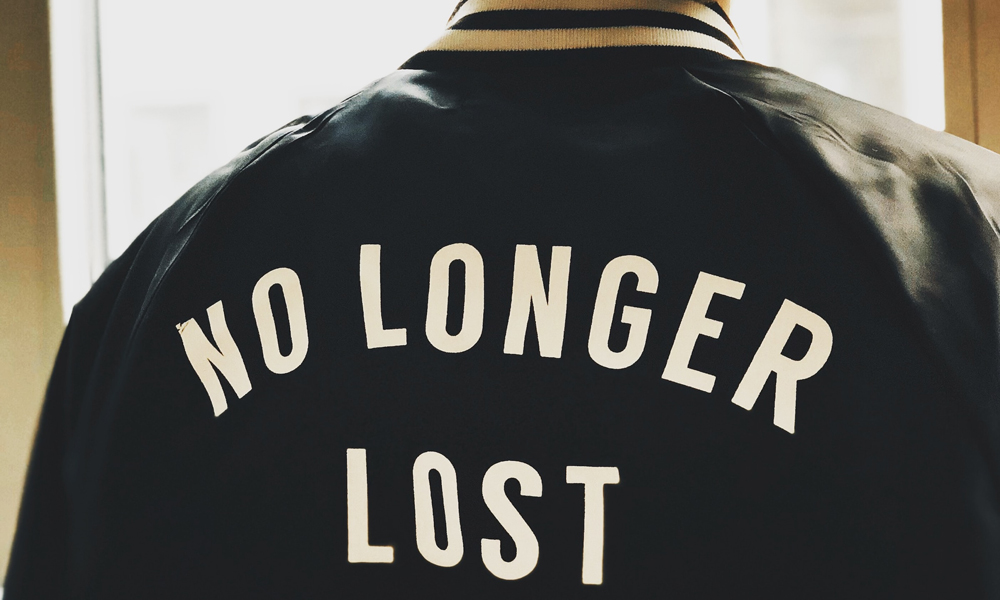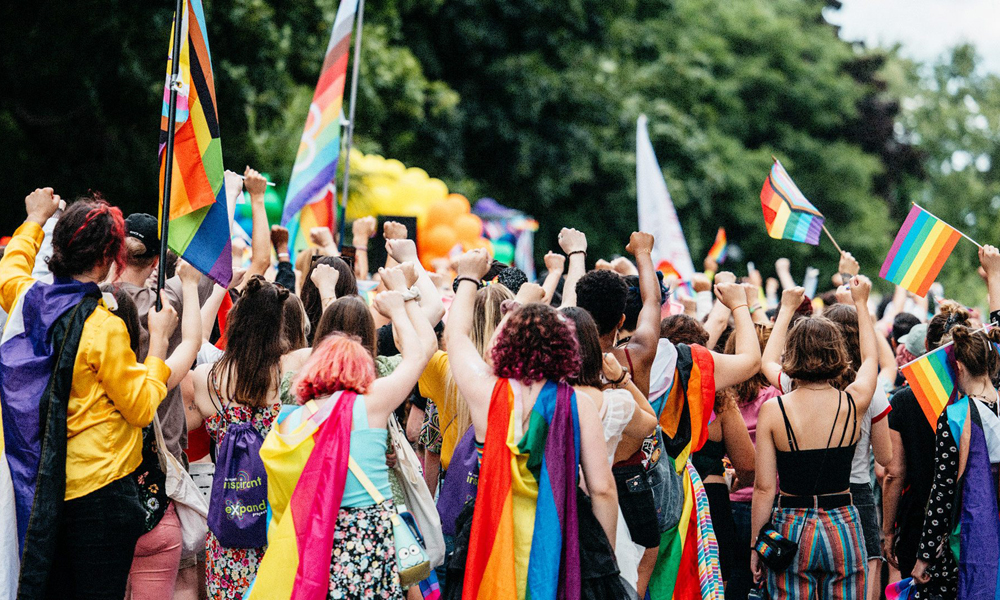It is critical that we acknowledge the importance of continuing to create safe, affirming, and inclusive environments for 2SLGBTQ+ youth, not just to survive, but also to thrive…
By: Dr. Alex Abramovich, Rowen K. Stark, Nicole Elkington
Pride is a time to celebrate 2SLGBTQ+ identities, and while there will be many celebrations during the month of Pride, it can also be a difficult time for many of us. Being able to show up authentically as one’s self without fear of violence or rejection is a privilege that is often taken for granted and, unfortunately, is not the reality for many 2SLGBTQ+ individuals. For some of us, Pride is a harsh reminder of being disowned by our families and the pathway into homelessness. Far too many queer and trans youth will continue to be without a safe place to call home throughout the Pride celebrations.
2SLGBTQ+ youth are disproportionately represented among the homeless youth population, making up 25-40% of youth experiencing homelessness. Identity-based family conflict resulting from coming out is the leading cause of homelessness among 2SLGBTQ+ youth. One young person we recently interviewed shared how their coming out resulted in homelessness:
“When I came out she [my mom] actually kicked me out from home. She continued to be verbally abusive about that specific topic, about, you know, my queerness.”
(Youth, 28 years old)
2SLGBTQ+ youth are often reluctant to access shelters and housing programs due to homophobic and transphobic violence and discriminatory policies and practices, such as misgendering by shelter staff and gender-segregated services. Without safe housing options it is incredibly difficult for 2SLGBTQ+ youth to rebuild their lives, especially without a strong support system. Throughout the past year, we have engaged local 2SLGBTQ+ youth and young adults experiencing homelessness, as well as staff who work in 2SLGBTQ+ housing organizations, and we have heard continuous challenges of securing a safe place to sleep or call home. Finding and affording housing has been made even more difficult by the constant rise in housing costs and the steep inflation of food prices. A staff member from a local 2SLGBTQ+ organization described how difficult it is for youth to even imagine having a safe home:
“Even in their run-away fantasies, like, ‘I wish I could just run away’, but ‘to where?’, ‘to what?’ […] There are no safe havens.”
(Key Informant, 2SLGBTQ+ Support Centre)
As a result of discrimination and exclusion, 2SLGBTQ+ youth experience higher rates of mental health challenges compared to their cisgender and heterosexual counterparts. These challenges can be compounded by housing insecurity and homelessness. One youth recounted their struggle to navigate financial and housing logistics while experiencing mental health challenges:
“It’s [mental health concerns], just constantly being in pain, being unstable. You know, it’s hard to keep up with financial things and all that stuff. And then also, you know, there’s the lack of wanting to live at the time, so keeping my home wasn’t a priority anymore.”
(Youth, 25 years old)
The increase in explicit and visible transphobia across the globe, including drag protests in Toronto and anti-trans legislation sweeping the US, is also impacting the mental health of 2SLGBTQ+ youth. One youth shared with us the emotional toll of constant transphobia in the news:
“I have to stop using social media as much, certain ones because like I said, I think I mentioned earlier but what’s going on with the States… If I watch – I can’t watch too much…it’s hard to watch. And seeing it spreading to Canada in certain places, it’s just, it’s not good… I’ve never really been necessarily anxious about my identity sometimes in certain spaces. I am a little bit more now than I ever have been because of what’s going on. So, it’s kind of, it’s a little scary to be honest.”
(Youth, 27 years old)
General youth housing programs are often unsafe for 2SLGBTQ+ youth, due to discrimination, violence, and exclusionary policies. We know that 2SLGBTQ+ population-based housing programs provide a successful framework for addressing the unique needs of 2SLGBTQ+ youth experiencing homelessness; however, there are only a handful of these programs across Canada and they tend to operate at full capacity. For 2SLGBTQ+ youth who are able to access population-based housing, the mental health benefits are immediate and considerable. One youth described the changes to their emotional wellbeing after moving into a 2SLGBTQ+ supportive housing program:
“I’ve definitely seen an immediate improvement in my emotional health. Prior to coming here was one of the worst points of my life. I was extremely emotionally unstable. […] And that’s definitely changed. I don’t experience as much of the symptoms of anxiety and mood swings, and just overall despair that I used to, not to say that I don’t still worry, because […] I still do. But every day here has still been better than before. […] There is still a lot of work to be done but so far, I am grateful.”
(Youth, 23 years old)
For some youth, moving into a 2SLGBTQ+ population-based housing program represents the first time they have experienced a safe and affirming home environment. Youth often express gratitude for “the little things” – privacy, personal space, not having to explain or defend their existence. Another youth we interviewed talked about the simple joys of living with other 2SLGBTQ+ young people:
“It’s been a long road, but it’s good, finally. It’s good to hang out with other trans people and having it be no big deal. Like the three of us just like sat around the table and just like sipped coffee and made breakfast together. And like just having that connection and not having to worry about people not knowing who I am, or not coming out to them like 100 times.”
(Youth, 26 years old)
Youth and staff in 2SLGBTQ+ housing programs are also clear that providing safe housing is only one component of supporting long-term wellbeing. A major finding in our research has been the need for a more integrated approach to youth homelessness where mental health supports and trauma-informed care are central to the support offered in housing programs. 2SLGBTQ+ youth continue to report identity-based discrimination and violence in housing and healthcare services, making it difficult to access the supports they need, especially for 2SLGBTQ+ youth with multiple marginalized identities. As such, this Pride month, more than ever before, it is critical that we acknowledge the importance of continuing to create safe, affirming, and inclusive environments for 2SLGBTQ+ youth, not just to survive, but also to thrive.
DR. ALEX ABRAMOVICH is a Scientist at the Institute for Mental Health Policy Research at the Centre for Addiction and Mental Health (CAMH) and an Assistant Professor at the Dalla Lana School of Public Health and Department of Psychiatry at the University of Toronto. He holds a Canada Research Chair in 2SLGBTQ+ Youth Homelessness and Mental Health. This piece was co-authored by ROWEN K. STARK, a Research Analyst, and NICOLE ELKINGTON, a Research Coordinator, on Dr. Abramovich’s research team.






POST A COMMENT